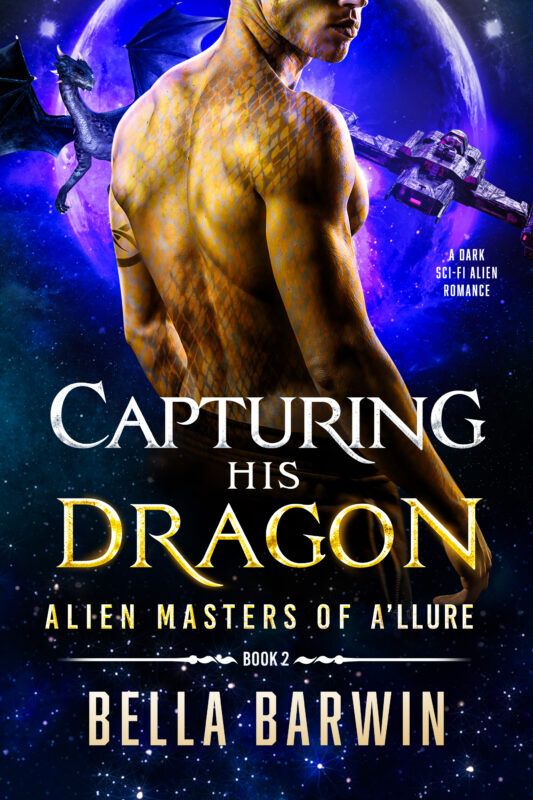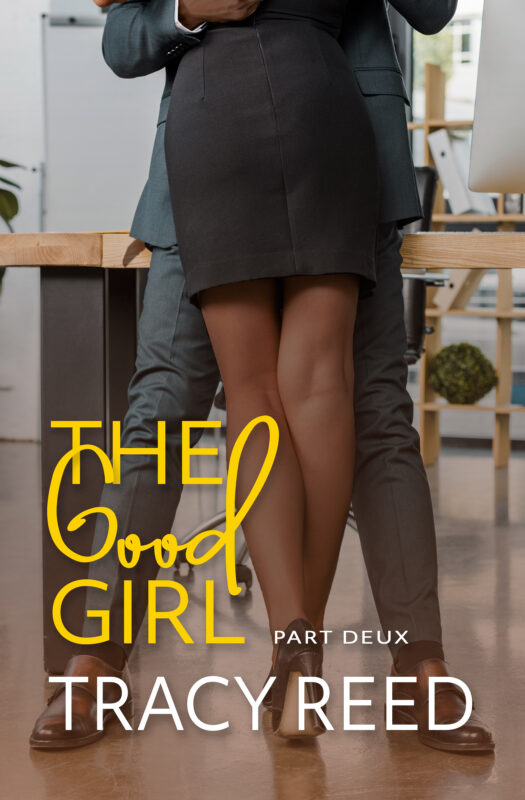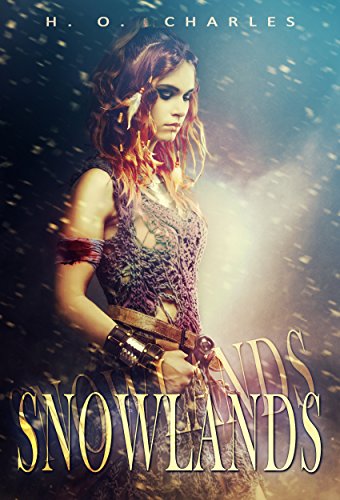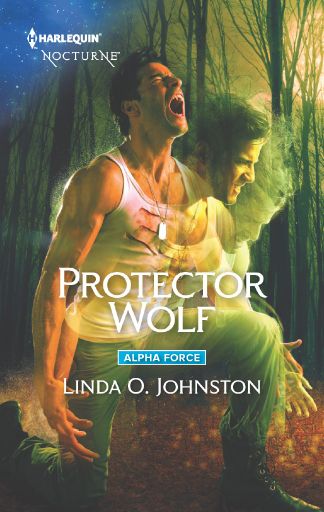Featured Author of the Month: Tari Lynn Jewett
February 7, 2018 by marianne h donley in category Featured Author of the Month tagged as boxed set, Debut Author, romantic comedy, Tari Lynn Jewett

Tari Lynn Jewett lives in Arizona just off Route 66 with her husband of more than thirty years (aka Hunky Hubby). They have 3 amazing sons, and 2 beautiful grandsons. For more than fifteen years Tari wrote freelance for magazines and newspapers, wrote television commercials, radio spots, numerous press releases, and many, MANY PTA newsletters. As much as she loved writing those things, she always wanted to write fiction…and now she is.
Tari writes light, fun romcoms, but she is also working on a historical women’s fiction series set in the Los Angeles area, spanning from the late 1920’s to the ‘50’s. These are darker, edgier full length novels.
A voracious reader, Tari’s favorite treat is to turn off her phone and computer and curl up with an un-put-downable book.
She also believes in happily-ever-afters,
…because she’s living hers.
Website: http://tarilynnjewett.com/
Amazon: https://www.amazon.com/author/tarilynnjewett
Goodreads: https://www.goodreads.com/tarilynnjewett
Bookbub: https://www.bookbub.com/profile/tari-lynn-jewett
Facebook page: https://www.facebook.com/tarilynnjewett/
Facebook Group Tari Lynn & Friends: https://www.facebook.com/groups/501972056849831
Instagram: https://www.instagram.com/tarilynnjewett/
Twitter: https://twitter.com/TariLynnJewett
Looking Forward to This Year by Linda O. Johnston
February 6, 2018 by Linda O. Johnston in category Pets, Romance & Lots of Suspense by Linda O. Johnston, Writing tagged as Dogs!, Harlequin Romantic Suspense, Pets Next weekend is the February OCC meeting–and after missing so many lately I’m delighted to say I’m planning to attend it.
Next weekend is the February OCC meeting–and after missing so many lately I’m delighted to say I’m planning to attend it.
Never mind that my husband will have to take our younger dog Cari to her obedience class that’s at the same time, though that’s currently my job. He knows the drill–and Cari’s more inclined to train us than vice versa.
This will be my first visit to the new OCC meeting location. I think it’s even farther from my home in the Hollywood Hills than the Brea Community Center was, but hopefully it won’t take much longer to get there.
I look forward to attending more OCC meetings this year, too. It’s a busy year for me. I’m having four books traditionally published–and the first one, SECOND CHANCE SOLDIER, will be a March release. It’s the first in my new K-9 Ranch Rescue miniseries for Harlequin Romantic Suspense. In case you can’t tell, it has dogs in it. So do my other books coming out this year, and most of what I write these days. More about the upcoming books in future posts…
Anyway, I’m looking forward to the meeting and to seeing friends in person. Hope to see you there!
Linda O Johnston
Nothing Found
0 0 Read more
Replay: Is There A Difference
February 5, 2018 by Tracy Reed in category Pink Pad by Tracy Reed tagged as Christian, CIF, Faith, Inspirational, romanceHappy Valentine’s Day. And if you’re flying solo, Happy Galentine’s Day.
Let’s do a little replay. I wrote this blog post back in 2015 and thought the subject was worth revisiting. Enjoy the month.
IS THERE A DIFFERENCE?
I want to talk about the preconceived notions people have about Christian, Inspirational or Faith based books. When someone hears a story has one of the three aforementioned tones, they immediately shut down thinking the story is going to be sweeter than cotton candy dipped in chocolate and covered with gum drops.
There’s CIF [Christian, Inspirational, Faith] fiction that falls into that description and there’s nothing wrong with it. It’s written extremely well and packs a message for the reader. However, it’s the misconception that all CIF books are like that which provokes a closed mind to experiencing some really great stories. [I swear I’m not preaching.]
When I decided to start writing, I’d dabbled a little in high school and college. Even so far as to writing a couple of plays. I found them later and felt they’d be a good base for a barbecue fire. When I read them again, I realized, although they were poorly written, they had a few things in common. The characters were all Christians but in real life situations. Let me explain. In a lot of CIF books, the story centers around the church with conflict between the pastor, the board, the choir director, pastor’s family and some evil person not affiliated with the church. There’s nothing wrong with those books. I’ve read a few and like them, however, they weren’t the kinds of stories I wanted to tell.
I have always loved God, fashion and cute guys. I liked “The Devil Wears Prada,” “Bergdorf Blondes,” “Elements of Style” and “The Debutante Divorcee.” These were characters I could relate to. The books are filled with the most incredible fashion and very handsome men. The only thing they didn’t have was a faith based theme. It was reading these books that it occurred to me, why not write a book with similar content, but add a little CIF to it.
My first attempt at writing a book sounded very much like ChickLit. I was fine with it until my beta readers ripped it to shreds. After a lot of re-writes, I finally had a book I was pleased with. Problem was, it wasn’t considered acceptable. Why not? Response, Christians don’t act like that, Christians don’t care about designer clothes, Christians are happy being upper middle class at best, Christians don’t get challenged, tempted, have racy dreams or wicked thoughts, Christians only have sex for procreation and on special occasions. And there is no way a Christian would get divorced, commit adultery, fornicate, swear, drink wine or dance.
Needless to say, I was stunned at the comments because I know a lot of Christians that have experienced and or faced a few of those things. So I set out to write books for “my people.”
It ticks me off when I hear people say no one will read books about Christians [or people of other religious beliefs] in real life situations. I want to read about “my people” dating, regretting, marrying, divorcing, falling in love, wearing designer clothes, traveling and being pursued by wealthy men. I don’t want my heroine to be naive and deceived by an evil protagonist whose only objective is to steal her virginity or corrupt her. What about the sexy, fun Christian girl who works hard and falls for her boss, or divorces her cheating husband or who used to be a little slutty and is now in love with God struggling not to slip back into her old ways. These are great stories and if they’re written well, you can take the CIF elements out and they’ll still be great stories.
My next book is a take on Sex And The City. It’s five successful women all searching for love while wearing amazing clothes. I hear you saying that’s not possible because that book was all about sex. Not really, the core of that book was friendship. Sex was just one of the supporting characters, much like the clothes, men and New York.
I think it’s a little more challenging to write a CIF book because you have to determine how far is too far. Although I want my books to have a little heat, I’m very careful about crossing the line. I want my kissing scenes to be as passionate as those found in traditional romance. Although most of my characters are Christians, I don’t want their passion or desire to be watered down. I have chosen to share my characters thoughts. If my heroine finds the protagonist hot, she’s going to say so. And if he’s having a lustful thought, I want you to read it. These little nuances make the characters feel real…just like in traditional romance.
So back to the original question, IS THERE A DIFFERENCE? Not really, just different levels of intensity.

A California native, novelist Tracy Reed pushes the boundaries of her Christian foundation with her sometimes racy and often fiery tales.
After years of living in the Big Apple, this self proclaimed New Yorker draws from the city’s imagination, intrigue, and inspiration to cultivate characters and plot lines who breathe life to the words on every page.
Tracy’s passion for beautiful fashion and beautiful men direct her vivid creative power towards not only novels, but short stories, poetry, and podcasts. With something for every attention span.
Tracy Reed’s ability to capture an audience is unmatched. Her body of work has been described as a host of stimulating adventures and invigorating expression.
https://www.facebook.com/readtracyreed
https://www.bookbub.com/authors/tracy-reed
https://www.instagram.com/readtracyreed/
Pre-order promo!
February 4, 2018 by H. O. Charles in category Art, Cover, Design by H. O. Charles, Writing tagged as fantasy, HO Charles, pre-orders, Sci-fi I’m briefly detaching my nose from the keyboarded grindstone of novel prep to promote my next book. It’s the final instalment (installment for my U.S. friends) of The Fireblade Array. Not sure how I feel about it – sad that it’s over and I’ll be saying goodbye to some favourite characters for a while, but also excited to have the opportunity to begin new projects.
I’m briefly detaching my nose from the keyboarded grindstone of novel prep to promote my next book. It’s the final instalment (installment for my U.S. friends) of The Fireblade Array. Not sure how I feel about it – sad that it’s over and I’ll be saying goodbye to some favourite characters for a while, but also excited to have the opportunity to begin new projects.
This series has been so experimental, so weird, and such a fantastic way for me to learn about the craft of writing. I truly hope everyone reading it has enjoyed it. Oh, and one of the book bundles in the series hit no.2 in the iTunes, B&N and Amazon sci-fi categories the other week, so that’s cool.
Ascent of Ice (Volume 7) is out on 27th-28th February. If you pre-order, you can get it for the reduced price of $1.99. Woo.
Weird Things in 1950s Los Angeles by Janet Lynn and Will Zeilinger
February 3, 2018 by Janet Elizabeth Lynn and Will Zeilinger in category Partners in Crime by Janet Elizabeth Lynn & Will Zeilinger tagged as historicals, Los Angles, research, writing
The Capitol Records building has been sending out hidden messages since 1956.

As many tourists will tell you. One of the most recognizable landmarks of Hollywood (besides the Hollywood sign and the Chinese Theater) is the round Capitol Records building. It opened on April 6, 1956. That evening a red light on the tip of the spire atop the building at 1750 Vine Street (a couple blocks north of Hollywood Boulevard) began spelling out H-O-L-L-Y-W-O-O-D in Morse code. Then Capital president Alan Livingston ordered the light be added as a symbol that the Capitol Record label was the first with a presence in Los Angeles. Except for the years 1992 when the light blinked out C-A-P-I-T-A-L 5-0, celebrating Capitol Records fiftieth anniversary and 2016 when it flashed C-A-P-I-T-O-L 7-5 for the company’s seventy-fifth anniversary, the red light atop the spire continues to flash the original message.
World famous singers and musicians made Capitol Records their label, including: Nat King Cole, Ella Fitzgerald, Billie Holiday, Frank Sinatra, The Beach Boys, Judy Garland, Dean Martin and many more.

Even the most casual observer can see that the wide curved awnings over the windows on each story and the tall spike emerging from the top of the building resembles a stack of records on a turntable. But, Lou Naidorf, the building’s designer, didn’t have that in mind at all.
While Hollywood has undergone a lot of changes, this landmark has held its ground. Even in the 21st century, while many well known artists are recording music in a digital format. Turntables and vinyl LPs have regained popularity. Perhaps the meaning of the Capitol Records building’s design will once again be connected with the entertainment capitol of the world.
This iconic building was featured in several movies, including the 1974 movie “Earthquake,” 1997’s “Volcano” and 2004’s “The Day After Tomorrow” where it met an undignified demise. Despite these cinematic disasters, the light atop the building blinks out its H-O-L-L-Y-O-O-D message to this day.
1 0 Read more
Affiliate Links
A Slice of Orange is an affiliate with some of the booksellers listed on this website, including Barnes & Nobel, Books A Million, iBooks, Kobo, and Smashwords. This means A Slice of Orange may earn a small advertising fee from sales made through the links used on this website. There are reminders of these affiliate links on the pages for individual books.
Search A Slice of Orange
Find a Column
Archives
Featured Books
CAPTURING HIS DRAGON: A Dark Sci-Fi Alien Romance
She isn’t what she seems…
More info →THE GOOD GIRL PART DEUX
Can you really have the fairy tale and the dream job?
More info →SNOWLANDS
Will she be able to accept the person her memories describe?
More info →Newsletter
Contributing Authors
Search A Slice of Orange
Find a Column
Archives
Authors in the Bookstore
- A. E. Decker
- A. J. Scudiere
- A.J. Sidransky
- A.M. Roark
- Abby Collette
- Alanna Lucus
- Albert Marrin
- Alice Duncan
- Alina K. Field
- Alison Green Myers
- Andi Lawrencovna
- Andrew C Raiford
- Angela Pryce
- Aviva Vaughn
- Barbara Ankrum
- Bethlehem Writers Group, LLC
- Carol L. Wright
- Celeste Barclay
- Christina Alexandra
- Christopher D. Ochs
- Claire Davon
- Claire Naden
- Courtnee Turner Hoyle
- Courtney Annicchiarico
- D. Lieber
- Daniel V. Meier Jr.
- Debra Dixon
- Debra H. Goldstein
- Debra Holland
- Dee Ann Palmer
- Denise M. Colby
- Diane Benefiel
- Diane Sismour
- Dianna Sinovic
- DT Krippene
- E.B. Dawson
- Emilie Dallaire
- Emily Brightwell
- Emily PW Murphy
- Fae Rowen
- Faith L. Justice
- Frances Amati
- Geralyn Corcillo
- Glynnis Campbell
- Greg Jolley
- H. O. Charles
- Jaclyn Roché
- Jacqueline Diamond
- Janet Lynn and Will Zeilinger
- Jaya Mehta
- Jeannine Atkins
- Jeff Baird
- Jenna Barwin
- Jenne Kern
- Jennifer D. Bokal
- Jennifer Lyon
- Jerome W. McFadden
- Jill Piscitello
- Jina Bacarr
- Jo A. Hiestand
- Jodi Bogert
- Jolina Petersheim
- Jonathan Maberry
- Joy Allyson
- Judy Duarte
- Justin Murphy
- Justine Davis
- Kat Martin
- Kidd Wadsworth
- Kitty Bucholtz
- Kristy Tate
- Larry Deibert
- Larry Hamilton
- Laura Drake
- Laurie Stevens
- Leslie Knowles
- Li-Ying Lundquist
- Linda Carroll-Bradd
- Linda Lappin
- Linda McLaughlin
- Linda O. Johnston
- Lisa Preston
- Lolo Paige
- Loran Holt
- Lynette M. Burrows
- Lyssa Kay Adams
- Madeline Ash
- Margarita Engle
- Marguerite Quantaine
- Marianne H. Donley
- Mary Castillo
- Maureen Klovers
- Megan Haskell
- Melanie Waterbury
- Melisa Rivero
- Melissa Chambers
- Melodie Winawer
- Meriam Wilhelm
- Mikel J. Wilson
- Mindy Neff
- Monica McCabe
- Nancy Brashear
- Neetu Malik
- Nikki Prince
- Once Upon Anthologies
- Paula Gail Benson
- Penny Reid
- Peter J Barbour
- Priscilla Oliveras
- R. H. Kohno
- Rachel Hailey
- Ralph Hieb
- Ramcy Diek
- Ransom Stephens
- Rebecca Forster
- Renae Wrich
- Roxy Matthews
- Ryder Hunte Clancy
- Sally Paradysz
- Sheila Colón-Bagley
- Simone de Muñoz
- Sophie Barnes
- Susan Kaye Quinn
- Susan Lynn Meyer
- Susan Squires
- T. D. Fox
- Tara C. Allred
- Tara Lain
- Tari Lynn Jewett
- Terri Osburn
- Tracy Reed
- Vera Jane Cook
- Vicki Crum
- Writing Something Romantic
Affiliate Links
A Slice of Orange is an affiliate with some of the booksellers listed on this website, including Barnes & Nobel, Books A Million, iBooks, Kobo, and Smashwords. This means A Slice of Orange may earn a small advertising fee from sales made through the links used on this website. There are reminders of these affiliate links on the pages for individual books.













































































